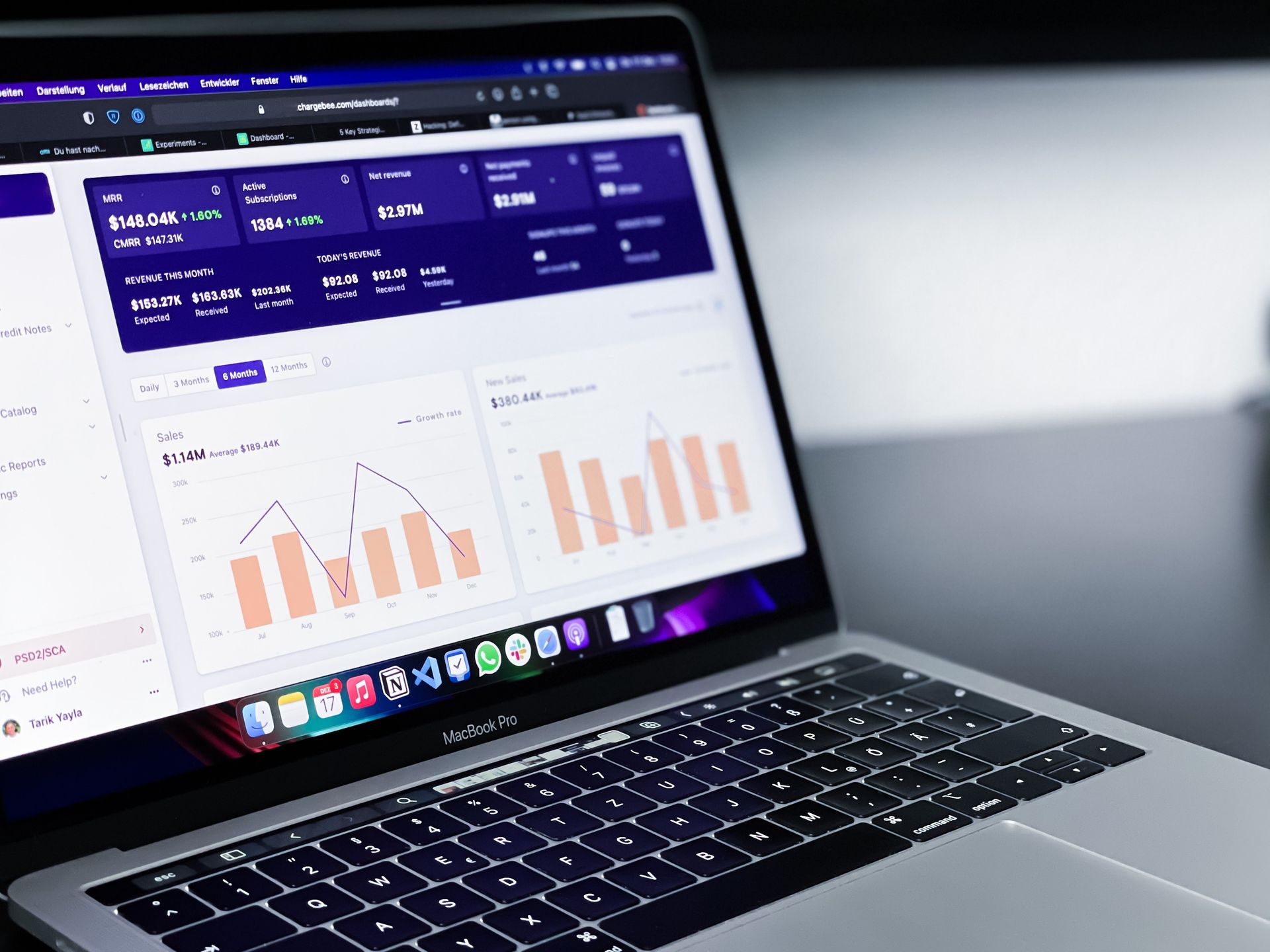Building a Data Dictionary for your Small or Mid Sized Business
A Data Dictionary is as essential as coffee and wifi if you want to grow your business
In the modern business landscape, data reigns supreme. Whether you run a corner store or an e-commerce giant, data is the driving force behind informed decision-making. As a small business owner, you might think that data management is reserved for large corporations with hefty IT budgets, but that couldn't be further from the truth. Data is the lifeblood for a growing organization; without it, decisions are more difficult, strategy is murky, and growth stagnates. With so much data at your disposal, businesses can often struggle to understand what each term means or how to interpret and define different processes. In this guide, we'll explore the concept of a data dictionary and how creating one can empower your small business to thrive and grow.
What is a Data Dictionary?
At its core, a
data dictionary is a fundamental set of metrics that your organization cares about and defines how it tracks its success. It lists out all metrics and calculated data fields with their qualitative definitions, quantitative calculations, a summary of how they are valuable to the organization, and the specific fields/tables that they are derived from. This enables an organization to have consistency and accuracy across all domains when creating analytic tools so that erroneous conclusions aren't made to otherwise accurate analytics.
Why is it Important?
Now that we've defined what a data dictionary is, let's delve into why it's crucial for your small business:
Clarity and Consistency
A data dictionary promotes clear and consistent communication about your data assets. It ensures that everyone in your organization understands what each data element means, reducing misunderstandings and errors. No longer should department A have a definition that department B doesn’t. A data dictionary ensures the team remains on the same page at all times. A data dictionary is probably the single most important factor to ensuring accurate data in an organization.
Data Quality and Management
By documenting the characteristics of your data, you can identify and rectify inconsistencies and inaccuracies through a centralized reference point. This leads to improved data quality, which, in turn, enhances the reliability of your decision-making processes. A data dictionary establishes standards, processes, and guidelines that promote consistency, accuracy, and reliability in your data assets. By leveraging your dictionary to enforce best practices and monitor data quality, you can trust that your data will continue to be a valuable asset as your business grows and evolves.
Facilitating Growth
As your business expands, a data dictionary becomes even more critical. It enables you to scale your data infrastructure seamlessly and adapt to new data requirements. A data dictionary ensures that data is well-organized and consistently understood across the organization, leading to more efficient operations. This means that as you scale, your team can handle increased data without becoming bogged down by confusion or inefficiencies. A data dictionary can also be a useful tool to extract difficult, but necessary conversations between business leaders. When teams are forced to define key metrics, they must answer how they will measure success.
Building a Data Dictionary for Your Small Business
Creating a data dictionary might sound daunting, but it can be broken down into manageable steps. Here's a general roadmap:
Identify Your Data Elements
Start by listing all the data elements your business collects and uses. These can include customer names, contact information, sales figures, product details, and more. Think about what data is essential for your operations.
Define Data Elements
For each data element, provide a clear and concise qualitative definition. This definition should explain what the data means to the business. What does it represent and why is it important?
Define Technical Definition
Every data element should have a technical definition. While the data definition is important to define what it means to the business, the technical definition is important to create consistency and eliminate variability in calculations. Teams have to agree on how they are going to calculate the metric. This means understanding what system, table, and field does the data originate from. If it is a calculated field, what is the calculation?
Document Data Attributes
Detail the characteristics of each data element, such as data type (e.g., text, number, date), format, length, and any validation rules. This information helps ensure data consistency.
Establish Relationships
If your data elements are interconnected, document the relationships between them. For example, how does customer data relate to sales data? Understanding these connections is crucial for accurate analysis.
Record Usage Information
Describe generally how and where each data element is used within your organization. This could include specific reports, databases, or software applications.
Maintain and Update
A data dictionary is a living document. Regularly review and update it as your business evolves. New data elements may emerge, and old ones may become obsolete.
The Benefits of a Data Dictionary as Your Business Grows
As your small business continues to expand, the advantages of having a well-maintained data dictionary become even more apparent:
Scalability
With a structured data dictionary, you can seamlessly integrate new data sources and technologies into your operations, supporting your business's growth.
Data-Driven Decision Making
Access to accurate, consistent, and well-defined data empowers you to make informed decisions, helping you navigate new challenges and opportunities.
Competitive Edge
Small businesses often compete with larger enterprises. A data dictionary can level the playing field by enabling you to leverage your data assets effectively.
Cost Savings
Preventing data errors and inefficiencies can lead to cost savings in the long run. A data dictionary helps identify and rectify issues before they become costly problems.
It's Time to Act
Operating without a formalized data dictionary is risky at best. Every growing organization must eventually define their terms and processes if they want to realize their business goals. Building a data dictionary must become a priority if it isn’t already.
But you don’t have to do it alone.
Our team of experts is equipped to partner with your organization to answer your questions and guide you through the intricacies of data analytics. If you’re looking for a solution that can be as personal as an employee, and yet as versatile as a larger organization, our team is ready to help.
Contact Brewster Consulting today and schedule a conversation today and let’s learn how we can drive results for your business.











